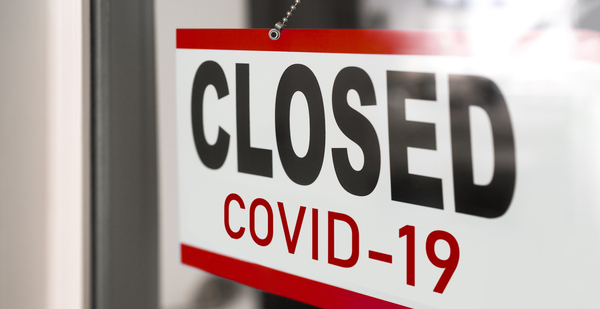In 2009, the Institute of Medicine (IOM) issued its Crisis Standards of Care for disaster situations impacting public health. Hospitals use the IOM Standards of Care to respond to a crisis in surge capacity, such as what we’ve seen with COVID-19. How can these standards apply to your business to help it survive this crisis?
Why are the IOM Crisis Standards of Care Necessary?
Every medical provider is tasked with normal standards of care. This equates to the “business as usual” approach to daily corporate operations. But during times of a public health crisis, clinical professionals must operate in environments where a balance must be struck between business as usual and emergencies, such as:
- A power outage and flooding brought on by Hurricane Katrina;
- A surge in urgent care ER visits brought on by a terrorist attack such as 9/11;
- Or at a time of global pandemic like the one we’re experiencing today.
These disaster states do not change professional standards of practice, the code of ethics, or accountability for care in a healthcare setting. However, the reality of providing care when necessary equipment is missing, staffing is short, or there is a surge in patients, necessitates a different response. That’s where the IOM Crisis Standards of Care comes into play.
What are the IOM Crisis Standards of Care?
The standards of healthcare during a crisis seek to establish a new professional normal despite a capacity surge or other challenging conditions. These key principles include:
- Fairness
- Duty to care
- Duty to steward resources
- Transparency
- Consistency
- Proportionality
- Accountability
The National Academy of Medicine (NAM) suggests that these standards, “Describe a planning framework based on strong ethical principles, the rule of law, the importance of provider and community engagement, and steps that permit the equitable and fair delivery of medical services…under resource-constrained conditions.”
How can these standards supply business leadership with the necessary skills to operate when business is anything but “as usual?”

Organizations must develop new frameworks to deal with the pandemic crisis.
What Can Business Leadership Learn from the Crisis Standards of Care?
One key takeaway from the COVID-19 crisis is that some businesses will fail. The markets are shifting or stopping entirely, and some companies may never recover. Business leaders must continue to adapt their crisis mode of operations as profits dwindle, the supply chain is delayed, and remote work becomes the new normal.
Some believe the IOM Crisis Standards of Care can serve as a model for businesses in every sector to serve as a framework for emergency response. The standards could easily be adapted to businesses coping with COVID-19 in some of the following ways:
- Fairness – Enterprise organizations must work to treat employees, vendors, and customers fairly during a crisis. This could include offering discounts on goods and services or gaining stakeholder support for retaining all workers during the crisis.
- Duty to care – Organizations should seek opportunities to support the community during difficult times.
- Duty to steward resources – Immediately cutting expenditures on new initiatives and instigating a hiring freeze are two examples of how to steward existing resources.
- Transparency – As we’ve seen from many state healthcare departments, establishing transparency during crisis communications is crucial.
- Consistency – Business leadership can lessen employee and investor anxiety by taking a measured approach.
- Proportionality – A reactionary knee jerk response to the COVID-19 crisis could create more havoc; instead, a measured and proportionate response creates a calmer environment.
- Accountability – This mandate for business leadership is clear. Accountability must continue at all levels of the organization, no matter the level of crisis.
The IOM Crisis Standards of Care can help business leadership establish new rules of business that are both measured and ethical. Leveraging this framework should serve to provide the leadership skills necessary to weather this storm.
